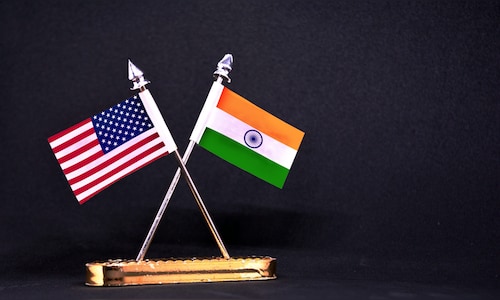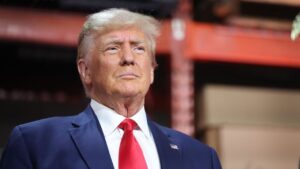

The three entities—Indian Rare Earths Limited (IREL), Bhabha Atomic Research Centre (BARC), and Indira Gandhi Atomic Research Centre (IGCAR)—had previously faced tight export controls due to their nuclear and defense activities.
Last week, US National Security Advisor (NSA) Jake Sullivan revealed that the United States is working to eliminate long-standing restrictions and regulations that have hindered deeper civil nuclear cooperation with India.
Sullivan said, “The US is finalising the removal of regulations that will allow deeper civil nuclear cooperation between India and the US.”
This move, which is expected to streamline licensing procedures, is seen as a step towards fostering deeper cooperation between the US and India in the field of nuclear energy and research.
With these restrictions lifted, both nations are now positioned to work more closely on critical areas such as advanced nuclear energy technology, research, and development (R&D).
The decision highlights the shared commitment of both countries to peaceful nuclear cooperation, with a particular emphasis on strengthening clean energy supply chains.
Officials suggest that this easing of restrictions will facilitate the secure supply of vital critical minerals, a key factor in the global shift towards renewable energy. The US and India view this development as integral to enhancing energy security and ensuring sustainable development on a global scale.
According to a statement from the US State Department, this policy shift aligns with the broader objectives of the Indo-US strategic partnership. The move reflects the growing importance of the alliance in addressing global energy challenges while maintaining high standards in security and non-proliferation efforts.
ALSO READ: US to remove regulations limiting nuclear cooperation with India: Jake Sullivan
First Published: Jan 16, 2025 7:50 PM IST



